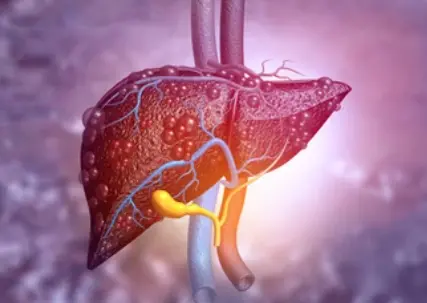 Welcome
Welcome
“May all be happy, may all be healed, may all be at peace and may no one ever suffer."
- A
- B
- C
- D
- E
- F
- G
- H
- I
- J
- K
- L
- M
- N
- O
- P
- Q
- R
- S
- T
- U
- V
- W
- X
- Y
- Z
Crohns disease - Generics
Crohn's disease is a chronic inflammatory disorder that can affect any part of the digestive tract, from the mouth to the anus. It is characterized by periods of active inflammation, which can cause a range of symptoms such as abdominal pain, diarrhea, fatigue, and weight loss.
The exact cause of Crohn's disease is not fully understood, but it is believed to be a combination of genetic, environmental, and immunological factors. It is thought that an abnormal immune response to the normal gut bacteria can trigger the inflammation seen in Crohn's disease.
Diagnosis of Crohn's disease typically involves a combination of medical history, physical examination, blood tests, imaging studies such as a CT scan or MRI, and endoscopy with biopsy. Treatment options include medications such as anti-inflammatory drugs, immunosuppressants, and biologic therapies that target specific immune system molecules. In some cases, surgery may also be necessary to remove damaged parts of the digestive tract or to manage complications such as fistulas.
Crohn's disease is a chronic condition, and while there is no cure, the goal of treatment is to manage symptoms, prevent complications, and improve quality of life. With appropriate treatment, many people with Crohn's disease are able to lead full and active lives.

Second stage of labor

Poison oak

Liver cirrhosis

Organophosphorus poisonin...

Callus

Resuscitation

Atopic or contact dermato...

Intestinal bleeding
Crohns disease, ক্রোনস ডিজিজ
To be happy, beautiful, healthy, wealthy, hale and long-lived stay with DM3S.